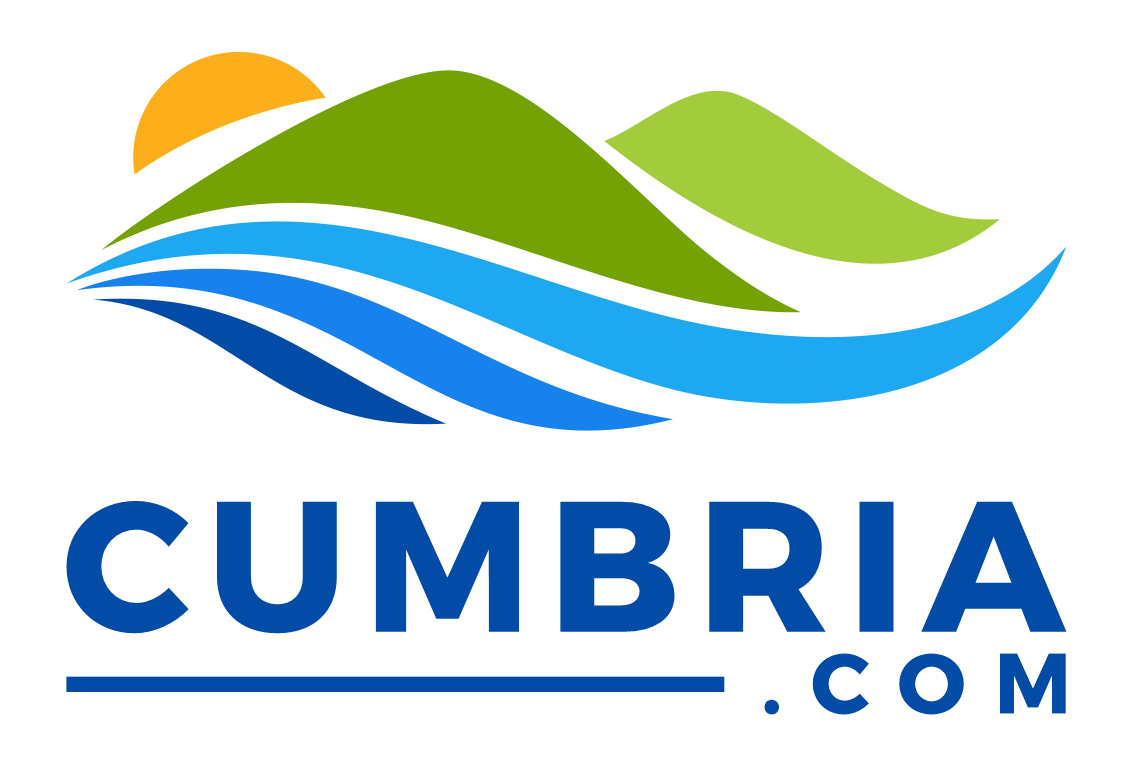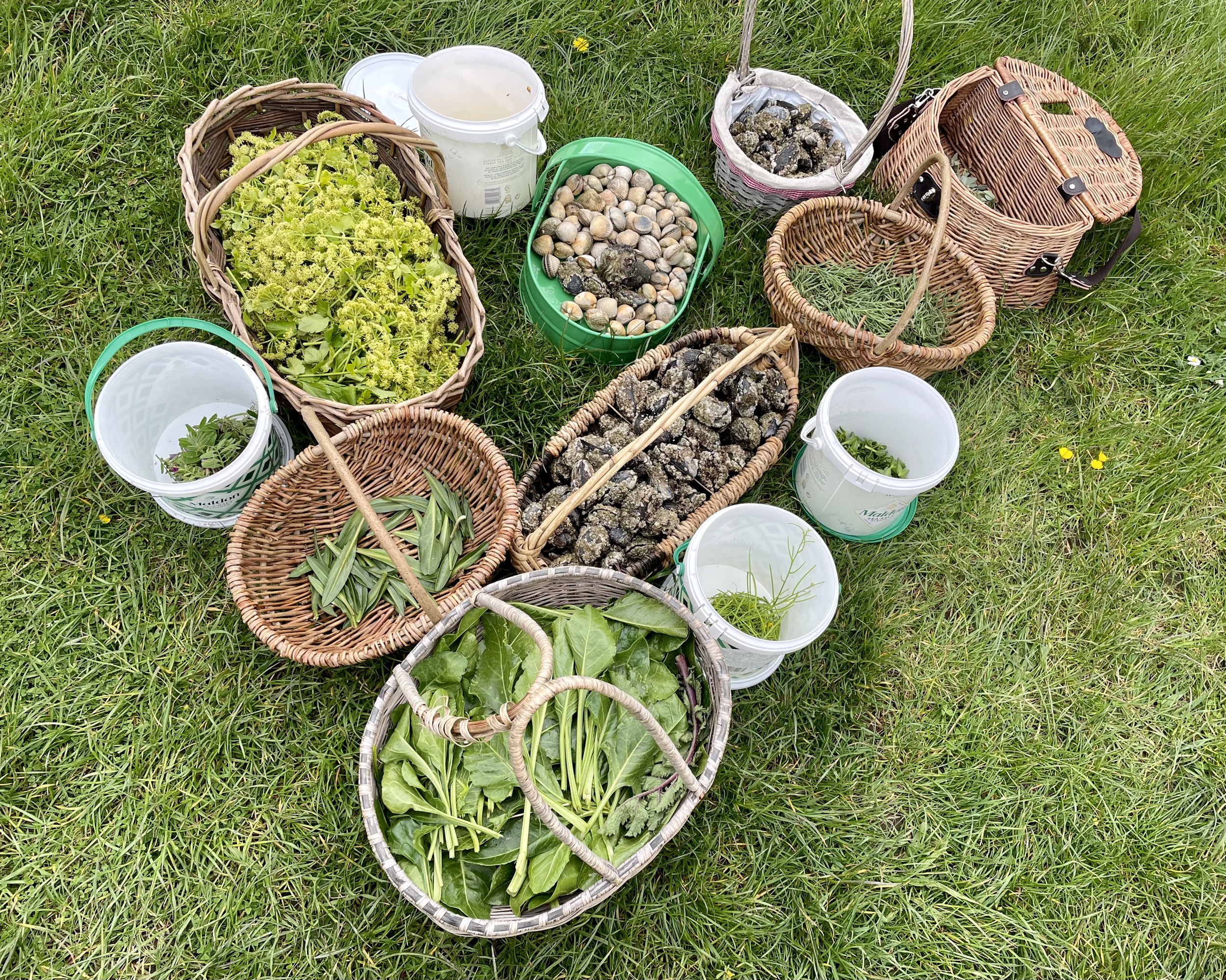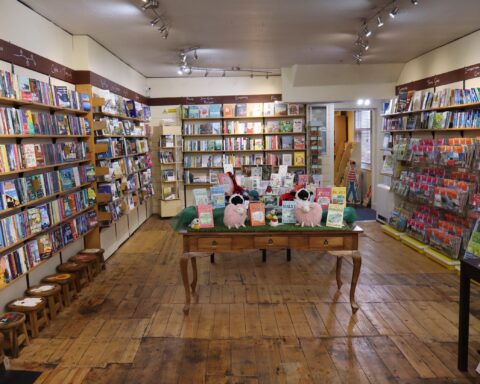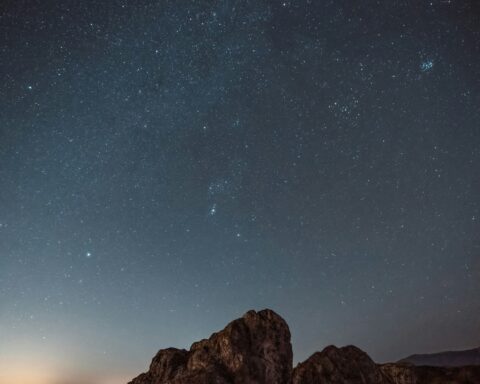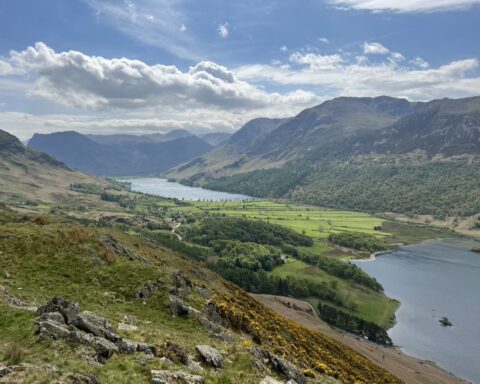Showcasing the deliciousness of the natural world
Forage Box celebrates the beauty and bounty of nature and believes that we should all reconnect with it, especially given the current issues surrounding climate change, intensive agricultural methods, and our diets. Showcasing the wonderful flavours and benefits of wild ingredients through foraging workshops, an online shop, and its own TV channel. Forage Box is on a mission to improve people’s lives by highlighting the versatility, interest, and deliciousness of the natural world. We spoke to Jim, the Director of Forage Box, to learn more about the events they host. If you want to check out educational or unusual things to do in the Lake District, visit Forage Box and explore their extensive range of foraging sessions.
What courses and experiences are provided, and how do they differ for the season?
Forage Box run wild food and foraging events ranging from their 2-hour ’Taster’ sessions right through to 6-hour ‘Cooking’ experiences, each with a focus on hyper-seasonal wild ingredients. Each session is different, but they try to include the 4 ‘F’s of Foraging in all of their sessions – that’s Fungi, Fruit, Flowers and Foliage. Generally, their winter events tend to be on the shorter side when compared with the summer ones, but there is always plenty to find whenever they head out! There is never any pressure for anyone to eat anything they don’t want to, but nibbling and tasting is a big part of each event and makes it more fun. Each session sets out to inspire people to use more of the incredible wild food we have on our doorsteps to enhance meals cooked at home, and showcasing these across the year is Forage Box’s aim.
Where would you be foraging?
Events are running across the region, including regular sessions at Bassenthwaite Lake Station and Low Wray Campsite, but there are plenty of events taking place across the Lake District, all set with a backdrop of stunning scenery. Venues tend to be chosen where there are several habitats to explore but expect woodlands, field edges, meadows and more.
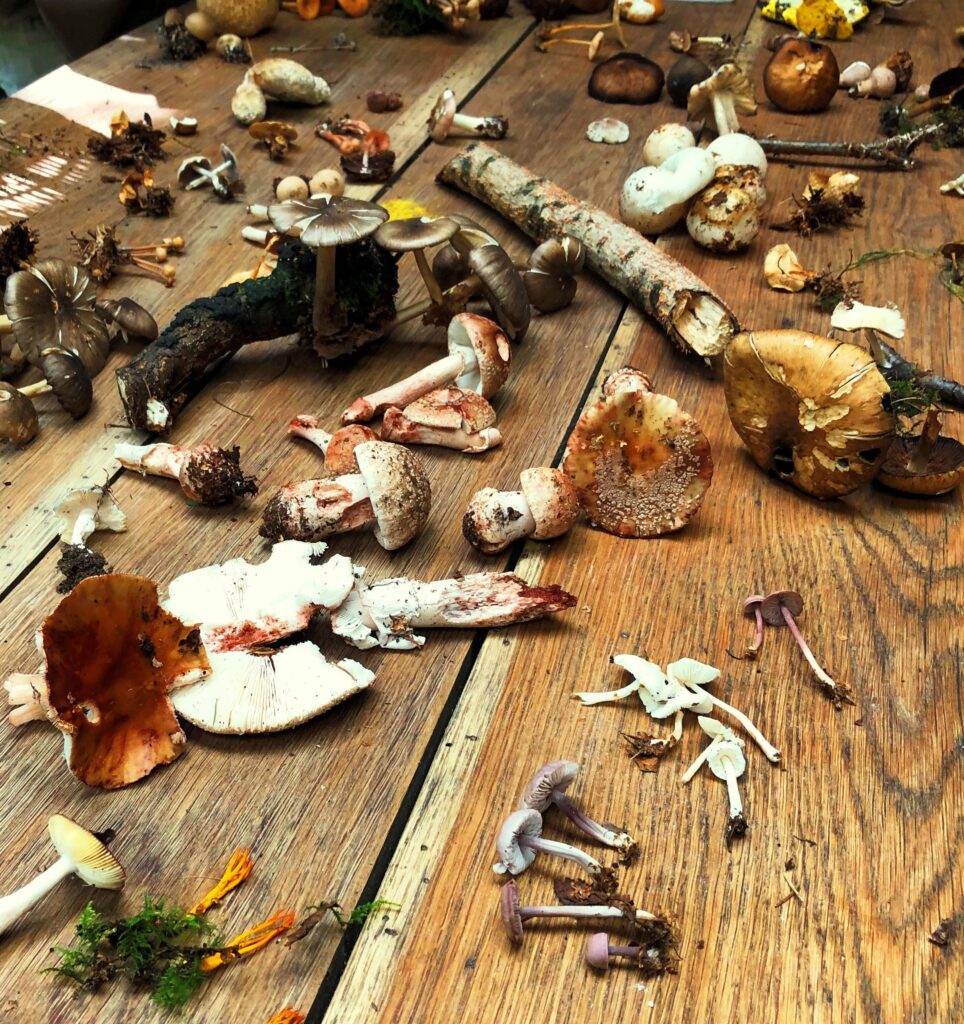
How long are the sessions?
The sessions are currently (2023) formatted into 2-hour, 4-hour and 6-hour events, but they are looking to expand their range of formats from 2024 and beyond to include half-day cooking classes, ‘forage and feast’ events where a wild picnic will be enjoyed at the end of the event, and many more specials and one-offs.
What sort of clothing would be required?
Dress for the weather! Unlike a hike in the hills, there is a lot more stopping and starting, so in cooler weather, extra layers are recommended. Each event listing comes with a kit list and advises optional extras too. The Lake District is renowned for variable weather, so attendees are advised to prepare for all seasons!
Would attendees need to bring gardening gloves or a packed lunch?
Some sessions warrant perhaps having a snack in your pocket, but generally, there isn’t time to stop to eat (unless there is a wild picnic or cooking session included in the session). Gardening gloves are never usually necessary, barring some specific events such as their Nettle Special or Balsam Bashing events.
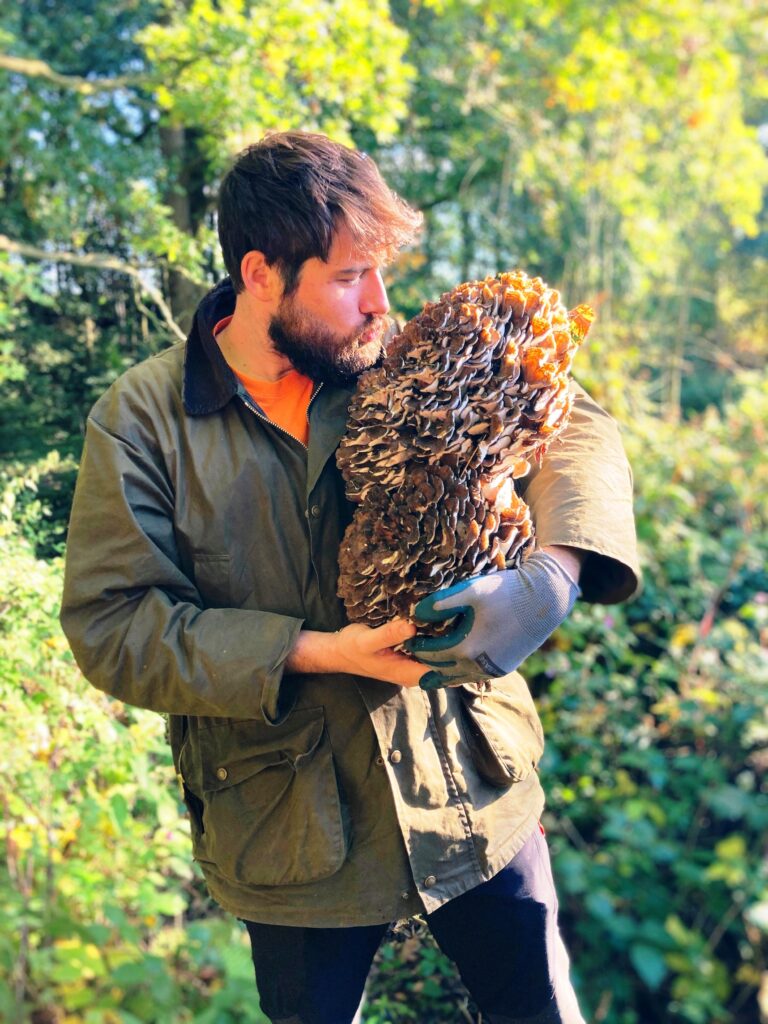
Do you walk a long distance?
It depends on the length of the session, but you can expect to cover something like 1km of walking per hour of session. For example, their 4-hour ‘Introduction’ events are usually around 3-4km, with plenty of stopping along the way to examine, admire and even nibble the edible species found on the day. Some venues are better for those with mobility issues, so it is always best to check ahead if you are concerned about the distance or terrain. Again, their event listings make clear what to expect for each specific event.
Can people be complete novices?
Absolutely! Everyone is welcome, from total novices to old hands, bushcraft enthusiasts to families, professional chefs to budding gardeners. There is always a rich mix of people looking to learn, and Forage Box workshops are designed to make the information as accessible and memorable as possible. Each event is run in a friendly, welcoming fashion where no question is too basic, and nobody should feel they need prior knowledge before attending.
Do people get to take findings and information home?
In some instances, yes, a small amount can be taken home when a glut of a certain species is found after assessing the suitability of doing so. However, the events are aimed at teaching people about the great abundance of wild food that can be found everywhere and, as such, participants are encouraged to find things for themselves in their own time, using what they have learned on the day. Forage Box does not run ‘fill your basket’ events, but their cooking sessions are a good opportunity to build an amazing meal using the ingredients found on site, so picking (lightly and sustainably!) is a part of that. After each session, a follow-up email is sent to each attendee with a full list of everything they found and ate during their session, so further research can be carried out, or memories can be jogged for next time!
Do you have a stance on the sustainability of foraging for wild food?
Yes. Foraging is the lightest touch when sourcing food, and Forage Box wants to promote that. Compared to traditional farming and fishing industries, foraging has a tiny fractional short-term impact on local ecology and, if done correctly, has a positive impact in the long term. In every session, your foraging tutor will discuss the laws, sustainability and ethics of gathering wild food, meaning that every consideration for the regeneration of each species is in place. This is a vital part of foraging and one they encourage from the start. As with all outdoor pursuits, foragers should adopt the mantra of ‘leave no trace’ – in short, if someone can tell you’ve been foraging somewhere, you haven’t done it correctly.
Would you do this as a team-building session for a corporate company?
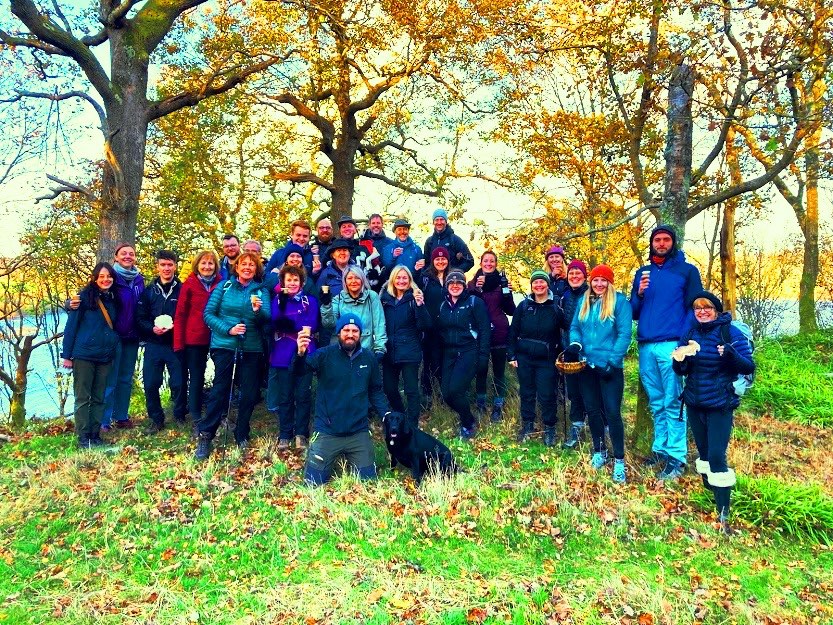
Yes, 100%. Corporate bookings are a big part of what they do and can be arranged to suit a specific requirement, location or timing. The group dynamic, when everyone already knows each other, often makes these private events more fun – there is nothing quite like challenging a colleague to eat a raw nettle! Enquiries for these private and bespoke events can be made directly through Forage Box’s website.
Do you offer anything that would be suitable for children?
Loads! Young, absorbent minds are great company at events like these! Our 2-hour ’Taster’ and 4-hour ‘Introduction’ sessions are perfect for children. Kids under 5 are free to attend, and there are reduced rates for kids under 18. Events such as the ‘cooking’ classes are not suitable for children, but there are plans to introduce family-friendly cooking events aimed at getting kids stuck into some wild dining.
What are the current prices?
Current prices for Forage Box events (unless stated otherwise) are Taster – £20pp; Intro – £35pp; Cooking – £75pp. All live events can be found at www.foragebox.co.uk where you will also find lots of other resources, such as a marketplace for wild ingredients, long-read articles, recipes and Forage Box TV.
